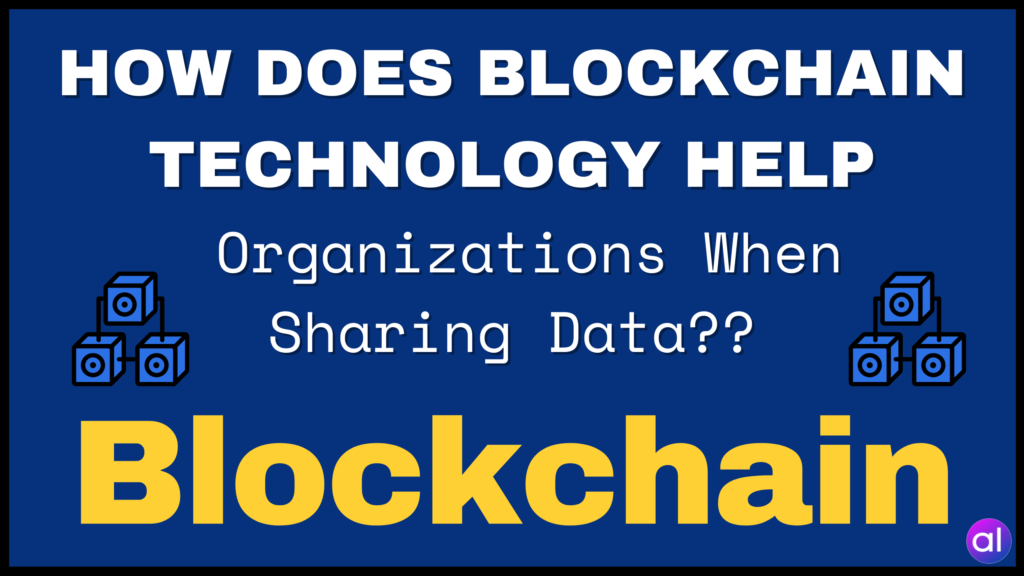In 2015, Ethereum introduced a groundbreaking vision for a decentralized world computer that could revolutionize the internet, free from centralized control. While Ethereum has laid the foundation for Web3, its growth depends on upgrades to fully unlock its potential. Layer 2 solutions, particularly those utilizing zero-knowledge (ZK) technologies, have emerged as frontrunners in scaling the network for mass adoption, offering more than just scalability.
Mihailo Bjelic, the co-founder of Polygon, shares insights in this article as part of Crypto 2023.
The potential of ZK-powered technology extends beyond scaling, promising to transform various sectors such as gaming, payments, digital identity, and enterprise solutions. The year 2023 is expected to witness a significant surge in ZK technology adoption.
But what exactly is zero-knowledge technology?
Zero-knowledge technology utilizes cryptography to prove the truth of a statement without revealing any additional information except for the fact that it is true. This tool significantly reduces data processing costs on blockchains like Ethereum, enhancing security and decentralization while increasing efficiency.
The application of ZK technology enables blockchain networks to authenticate operations in the most efficient manner, paving the way for cost reduction, increased throughput, and expanded use cases within the Web3 ecosystem.
Explore more on Polygon’s ‘Plonky2’ launch, claiming the title of the fastest zero-knowledge layer 2 solution.
Many blockchain developers see ZK technology as the key to scaling blockchain networks and ensuring a fair, decentralized internet for value exchange and digital asset ownership. Despite previous limitations, recent advancements have made ZK-based scaling more viable, aligning with Ethereum’s long-term vision for Web3.
While the Ethereum Merge in 2022 marked a significant shift from proof-of-work to proof-of-stake consensus, further enhancements to data storage on the blockchain are anticipated. ZK technology is poised to play a crucial role in Ethereum’s scaling roadmap, with Vitalik Buterin endorsing ZK rollups as the solution for Ethereum’s scalability challenges.
Transparency is paramount in the development and deployment of ZK technology, ensuring that users can independently verify inputs and outputs. Adhering to Web3’s core principles, ZK tech must maintain source-available code for all components to build trust among users.
How will ZK tech impact the crypto industry?
With its ability to enhance security, scalability, and reduce fees, ZK rollups hold promise for various sectors, including decentralized finance (DeFi), payments, blockchain gaming, and enterprise solutions. By leveraging Ethereum’s security and decentralization features, ZK technology could propel these sectors to new heights.
Furthermore, ZK tech could revolutionize digital identity verification, offering a decentralized, privacy-focused solution for users to verify their credentials without compromising personal information. This technology also holds potential in enhancing exchange solvency and compliance with regulatory requirements.
As ZK rollups and zkEVMs gain traction, Ethereum’s vision of a decentralized web is becoming a reality, promising a future where blockchain technology drives innovation across diverse industries.



